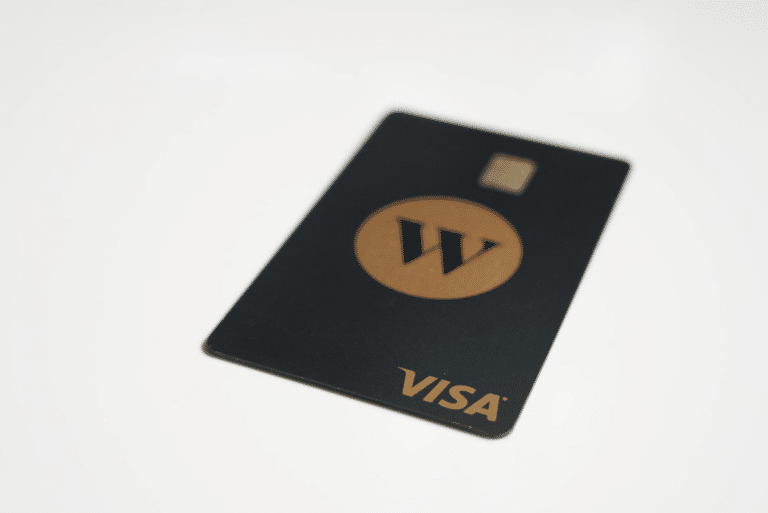Have you seen the Visa Account Name Inquiry Fee on your monthly merchant processing statement? Wondering what it is and if you should be charged for it?
Visa doubled this particular pass-through fee in 2024, so some of you may have noticed that you’re paying more now for the Visa ANI Fee than you did in the past.
Regardless of what brought you here, you’ve come to the right place. Read on for a full explanation of Visa’s Account Name Inquiry Fee, including how it works and how much it costs.
What is the Visa Account Name Inquiry Fee?
Visa’s Account Name Inquiry Fee allows online merchants and direct originators to verify that the cardholder’s name matches the name on file with the issuing bank. It’s an extra security layer designed to reduce card-not-present fraud.
Originally introduced in April 2022, this account verification service provided by Visa is a zero-amount authorization message that simply checks the account name before the card is accepted and processed for payment.
Verifying the cardholder’s name helps businesses prevent account takeover scams, impersonation scams, and other types of fraud that have become a growing problem in the payments industry.
Visa says that the ANI should be utilized as part of a multi-layered fraud detection and prevention initiative—meaning this alone won’t stop or prevent all fraud.
How Much is Visa’s Account Name Inquiry Fee?
Effective April 2024, Visa’s Account Name Inquiry fee is $0.10 per authorization. This is double the previous amount of $0.05, which went into effect in July 2023.
How Visa ANI Service Works
Visa’s ANI service is an added capability within Visa’s account verification service. Processors can set up this capability through one of two Visa Developer APIs—the Payment Account Validation (PAV) API or the Visa Payment Processing (VPP) API.
Once enabled, here’s a simple three-step explanation of how the Account Name Inquiry Service works:
- The merchant requests a name check by providing the cardholder’s name, PAN number, and card expiration date (along with other credentials like the billing address and CVV2).
- Visa runs a name match by checking the name provided against the name on file with the cardholder’s issuing bank.
- Based on the findings, Visa sends an answer to the merchant to help them decide whether they can proceed with the transaction, request a retry, or flag the card.
Visa actually runs separate match results to check the cardholder’s first name, middle name, last name, and an overall match.
For example, my first name is Matthew and that’s what all of my cards say. But sometimes when I’m ordering something online, I simply put “Matt” for the delivery address and then check the box that says “billing address is the same as shipping.”
In this instance, it’s likely that the ANI service would still approve the transaction. But it may tell the merchant there’s a partial match for the first name. However, if I put a random first name—like Scott or Dave—then I’m sure the transaction would be flagged. Neither of those would be on file with my issuing bank.
Is Visa’s Account Name Inquiry (ANI) Fee an Assessment Fee?
Technically, no—the Visa ANI Fee is not an assessment fee.
The ANI Fee is a transaction-based fee that Visa charges for its account verification service (AVS). When looking at Visa’s fee structure, the ANI Fee would fall in the “Other Fees” or “Service Fees” category.
Visa’s assessment fees and Visa’s interchange rates are both separate categories.
Can the Visa Account Name Inquiry Fee be Reduced or Negotiated?
No. Visa’s ANI fee is imposed at the card-network level and, therefore, a mandatory charge whenever those particular requests are made.
The only way to remove this fee from your statement is by requesting to opt out of the service from your processor (if they let you). However, that’s typically not something that we would ever recommend. It’s a good fraud prevention measure to keep in place. And while we are always looking for ways to reduce rates in payment processing, we don’t recommend cutting corners with security measures.
That said, if you see Visa ANI Fees on your statement being billed at a rate that’s higher than $0.10, then your processor is padding this charge, and it should be addressed immediately.
What Else You Need to Know About the Visa ANI Fee
Visa’s ANI Fee won’t appear on every merchant’s statement. It depends on whether or not your processor has Visa’s Account Verification Service enabled and then adds the ANI capability.
Whether or not you see this charge on statements can also depend on the contract structure with your merchant services provider.
For example, if you’re on an interchange-plus plan, then your statements should have a fully transparent breakdown of all interchange fees, assessments, and other fees (including any Visa ANI authorizations).
But if you’re on a flat-rate plan, the fee breakdown may not be on your statements. You’d still technically be paying for this on all account name inquiry requests (assuming your processor has it set up), but it would likely be included as part of your all-in processing costs.

